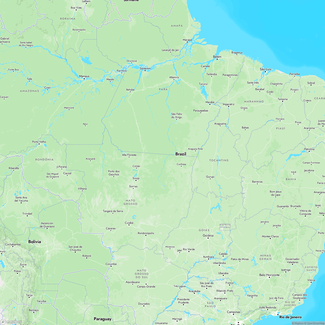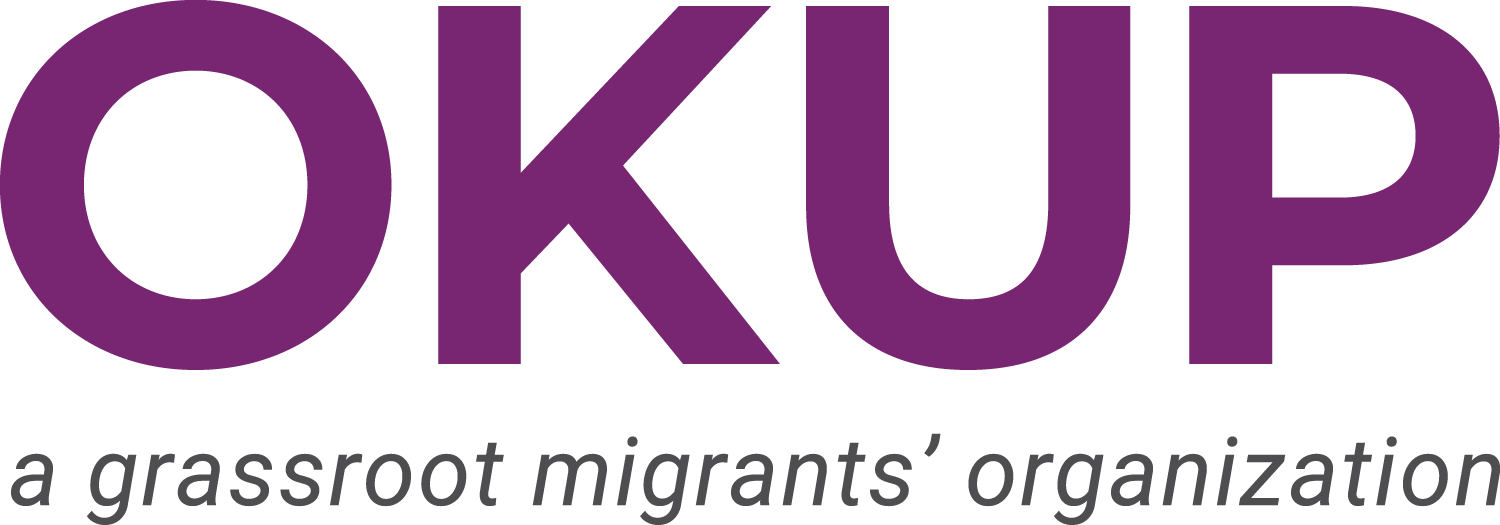The Brazilian government's submission to the United Nations Special Rapporteur on trafficking in persons, especially women and children, provides contextual information on Brazil's legal framework and efforts to end human trafficking. The document places high importance on targeting social inequalities and on the particular vulnerabilities of indigenous communities. It also reports an increase in child trafficking in the municipality of Governor Valadares and recognises the specific vulnerabilities of people with disabilities during climate events.

Brazil
Intensifying droughts and flooding in some regions of Brazil can increase poverty and force young people to migrate to large cities.
Deforestation, illegal mining and climate change also drive displacement and increase vulnerability to human trafficking. Due to their relationship with the land and natural resources, indigenous people are particularly vulnerable to forced labour and human trafficking, because they experience the effects of climate change more strongly.
Social exclusion and marginalisation also cause increased vulnerability, affecting women, people of African descent and LGBTQI+ people in particular. Brazil has a National Anti-Trafficking Plan and the Federal Police has adopted preventative measures to mitigate the impact of climate change on vulnerable populations.


